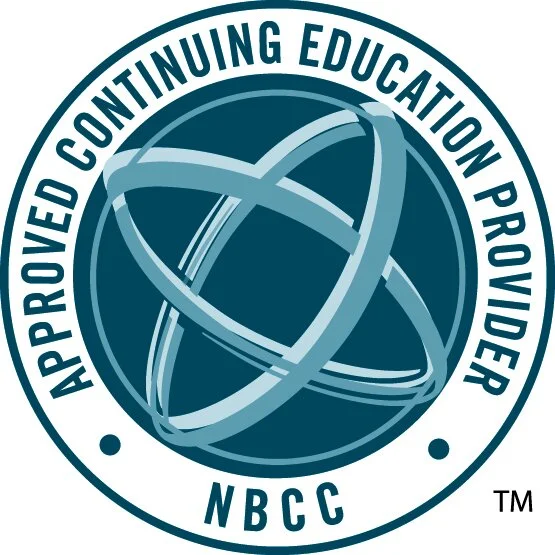March 11, 2022
2pm-5pm EST
NBCC CE Hours: 3 (ACEP Number: 7197)
Register at: https://wri-and-the-therapeutic-process.eventbrite.com
To work effectively with clients from diverse racial/ethnic backgrounds, therapists must possess an orientation toward therapy that demonstrates cultural humility as well as comfort exploring issues related to race and racism. This orientation requires an awareness of one’s personal biases, values, and worldviews, as well as the skills necessary to address race and racism in clinical decision-making. Unfortunately, research suggests some therapists, particularly White therapists, may feel uncomfortable discussing race during therapy and may only do so when the topic is initiated by the client. During this webinar, the presenters will describe an integrated approach to therapy to guide White therapists in exploring race and racism in therapy with clients from diverse racial/ethnic backgrounds. Participants will also be supported in personal exploration of values and biases that may influence their worldviews and the counseling process.
As a result of this webinar, you will be able to:
Define constructs relevant to cultural worldview and competence of White therapists, including White racial identity, White privilege, and implicit bias.
Identify personal values and implicit biases that may influence the therapist’s worldview and the counseling process.
Establish culturally sensitive therapeutic relationships with racially diverse clients.
Dr. Charmeka Newton is a fully licensed psychologist and in full time practice at Legacy Mental Health Services, PLLC. She has over 10 years of experience in clinical, academic, and community settings, including teaching experience at both undergraduate and graduate levels of higher education. Her areas of expertise include multicultural counseling, research methods, tests and measurement, career counseling, and clinical supervision of master’s-level counseling practitioners and students. In addition to her clinical and teaching expertise, Dr. Newton is also a member of the Michigan Board of Psychology, appointed by Governor Gretchen Whitmer. She is a sought after psychology expert featured in prominent magazines and newscasts, recently featured on the June 2020 broadcast of West Michigan Woman, where she discussed how to have difficult conversations with your family about race.
Dr. Tiffany Lee is the director for the School of Interdisciplinary Health Programs at Western Michigan University (WMU) and an Associate Professor. She is a licensed professional counselor (LPC) and certified advanced alcohol and drug counselor (CAADC). Dr. Lee is the Vice-Chair of the Health Professionals Recovery Program Committee for the State of Michigan, and the Chair for the subcommittee that works with the Attorney General’s office to create and update policies related to this addiction monitoring program for licensed professionals. She is the author of the 2015 textbook, Embracing Diversity: Treatment and Care in Addictions Counseling. From 2015-2018, Dr. Lee was the project director and principal investigator for a $526,193 Screening, Brief Intervention, and Referral to Treatment (SBIRT) training grant funded by the Substance Abuse and Mental Health Services Administration and, in 2019, Dr. Lee and colleagues obtained a three-year, $1.3 million grant from Health Resources and Services Administration which provides training to WMU students and the communities in the upper and lower Michigan on opioid prevention and treatment. Her previous clinical work spans 17 years as an addiction counselor, circuit court advocate, and child protective investigator.
Dr. Janeé Steele is a licensed professional counselor, counselor educator, and diplomate of the Academy of Cognitive and Behavioral Therapies. Dr. Steele is also the co-owner and clinical director of Kalamazoo Cognitive and Behavioral Therapy, PLLC, where she provides therapy, supervision, and training in CBT. Her scholarly activity includes peer-reviewed articles focused in the areas of CBT, social justice advocacy, and counselor training. Her most recent article, published in the May 2020 issue of the International Journal for the Advancement of Counselling and Development, describes cognitive conceptualization and treatment planning using CBT and a proposed cognitive model of internalized racism.
Kalamazoo Cognitive and Behavioral Therapy, PLLC has been approved by NBCC as an Approved Continuing Education Provider, ACEP No. 7197. Programs that do not qualify for NBCC credit are clearly identified. Kalamazoo Cognitive and Behavioral Therapy, PLLC is solely responsible for all aspects of the programs.






